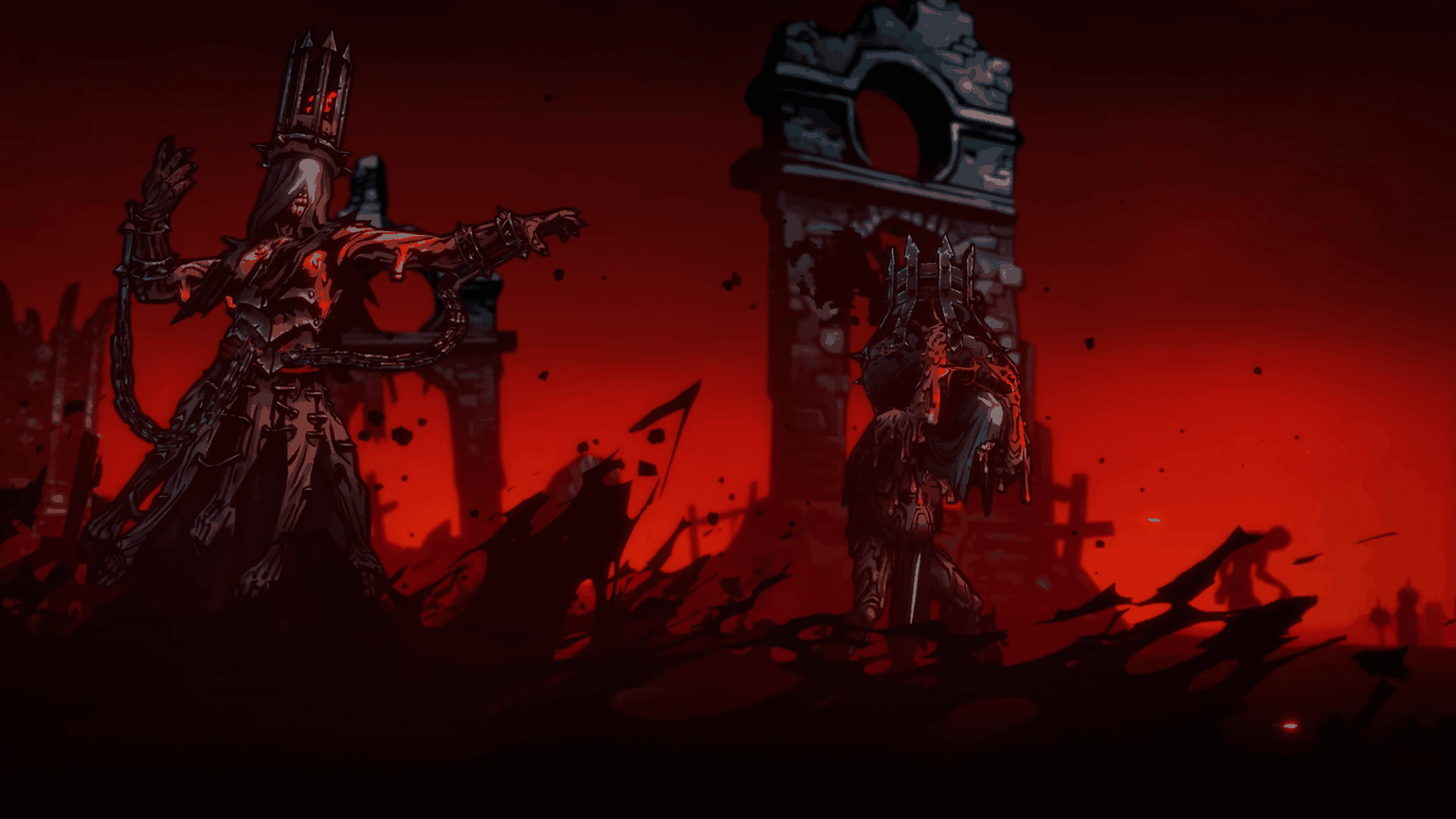There’s something to say about how certain aspects in humanity’s history aren’t an active part of Western culture and how easily entertainment tends to overlook the rich tapestry of culture that comes from the Middle East, especially in gaming. But now that’s about to change with the arrival of Assassin’s Creed Mirage, an entry in the franchise that looks to its past for inspiration at the same time it changes its scope, resulting in easily one of the best entries yet for Ubisoft’s venerable franchise.
It’s hard to believe it’s been 15 years since the release of the original Assassin’s Creed, and how far the series has come since its inception. Riddled with convoluted storylines that skip in time and a lot of characters, chronicling the thousands of years of conflict between the Assassins and Templars, the series has reinvented itself numerous times in order to attract the attention of its tired audience.
With Assassin’s Creed Origins, Ubisoft tried to incorporate elements that made games like The Witcher 3: Wild Hunt such an immense success, and with that, it steered the course of the series in a path that admittedly I liked, but resulted in later sequels, albeit fun, feeling all too big and full of fluff. That was the chief complaint behind my review of the very last game released, Assassin’s Creed: Valhalla. But it’s in that game’s tie to the franchise’s past that Assassin’s Creed Mirage draws its inspiration, as it stars Basim, and features his humble origins in Baghdad.
To all intents and purposes, Mirage is a mixture of gameplay aspects of both current day and early Assassin’s Creed, wherein we get the best of both worlds, resulting in an experience that’s condensed in a much more reigned in scope, but within enough to keep it from feeling small. Stuff like picking pockets and eavesdropping, which happened to be entire missions in the very first game, now play important roles within the investigation cases that comprise the gameplay loop of Mirage, and depending on the order your info comes in, your decisions as to how to act upon whatever you’re looking into can vary wildly.

Say, for instance, one of the objectives in the early game relates to rescuing one of the brotherhood’s agents who is being held at a prison in the city. It just so happens that it’s one of the most fortified locations in Baghdad, so there are many ways with which you can infiltrate it, forcing you to first scout it out, look for any possible weaknesses or find any outside agents that can influence the way you’ll get in. Or, if you’re feeling antsy, you can just bust in as is, but that, of course, will make things much harder for you.
If you choose to investigate other avenues, you’ll have to deal with Assassin’s Creed Mirage‘s excellent faction system, which is another element that’s brought back from earlier entries. You can use special currency you earn or pick off from people in the world to hire backup, for instance, or activate a distraction to get some heat off your back. In these investigative cases, however, these can be used to possibly facilitate whatever it is, or such is the matter I alluded to before, gaining access into the prison.
Being the main location in the game, Baghdad is impressively detailed and as expected, quite large, but not so much in a way where the map in Odyssey, for instance, felt huge but at the same time sparse, as each section of Mirage‘s feels unique in its own way. Locations like the aforementioned prison are heavily guarded, as expected, and act as mission points within the game, but there are others that are equally secured, but are only for the sake of their nature, like temples and the caliphate’s residence, for instance, or even the city’s main port.
The world is lived in and realistically portrayed, making it believable in the process, with spots that not even an expert assassin such as the protagonist can so easily get in and out of without any alerts. In that regard, Assassin’s Creed Mirage certainly seems like the most difficult game in the series so far, but not in the way, say, Assassin’s Creed III felt back in the day, where getting spotted meant an instant game over. Such isn’t the case this time around, and much like newer entries, you can escape dangerous situations by running away, waiting for the dust to settle and come back.

The main difference now, however, is that the alert level doesn’t exactly go back to full normal when the heat dies down. Instead, you have to contend with three levels of alertness that get increasingly hard to put down. The early ones can be bumped back by tearing posters, but later on, you are required to use valuable tokens that could otherwise be used during investigations in order to bribe officials. Getting sloppy is a slippery slope for sure, making it worth studying locations beforehand and upgrading skills and equipment.
That also highlights one of the game’s best borrowed elements from the past: how the protagonist isn’t a force of nature during combat. In Mirage, it’s best NOT to engage in fights because you’re likely going to be picked off eventually. Unlike the games where you could literally form piles of guard bodies as you relentlessly offed one after the other ad infinitum, in Mirage, you’ll get the daylights kicked out of you by a handful of them if you’re not careful.
On the other hand, that doesn’t mean the combat is unforgiving, since it’s very much the opposite in the way it deals with counters and parries; it’s just the way that the developers found to emphasize the importance of stealth, first and foremost, by making Basim way less resilient than previous protagonists in the series. And that’s surprisingly refreshing to see in a franchise where the power fantasy has grown to ridiculous heights in the 15 years since the original entry.
Now, this wouldn’t be an Assassin’s Creed if there wasn’t a myriad of collectibles to pick up and craft upgrades with, but unlike past games, upgrade paths are much shorter and are way more malleable. Say you want to upgrade your throwing knifes: after investing the necessary materials to do so, you unlock a tier that contains three different paths to freely switch in and out of, making investing in these less of a hassle than it has ever been, offering different and varied avenues each time you drop cash into any particular path, as it can branch into others just as easily.
Production values in Assassin’s Creed Mirage are as high as they usually are for a big budget Ubisoft production. Character models look expressive and detailed, the world offers a day and night cycle with variable weather patterns such as sandstorms, and the comings and goings of people living their lives is very believable as you run around Baghdad. The voice casting in the game wisely borrows performances from actual Middle Eastern talent, such as your main contact within the hidden ones, Roshan, who is voiced by Shohreh Aghdashloo, a name you probably won’t recognize right away, but once you listen to it, you’ll know right away.

Musically, Mirage is amazing. Expectedly, there are plenty of string instruments throughout the score, but it’s also peppered with excellent voice performances that weave in portions of what would otherwise be taken for prayers at a mosque that are part of the many background songs that are played as you get in and out of trouble within the game. It’s the sort of soundtrack that doesn’t overstay its welcome, nor is it something you’ll find yourself humming, but that it’s present and makes its presence felt within the game as a core part of your experience playing.
Much like more recent Assassin’s Creed games, there is an extensive amount of historical material to be skimmed through all throughout Assassin’s Creed Mirage, not only offering you plenty of reading for loads of landmarks found within the game worlds in the way of map markers, serving as bonafide tourism for such a rich and overlooked historical site that is the region the game takes place in.
Mirage truly plays by its strengths and doesn’t try to overreach at any point. Ubisoft wisely took their time developing the game, dropping out of the churn they find themselves with the franchise for as long as it’s been around, instead opting to take something that would’ve been yet another DLC pack for Valhalla and turning it into a game of its own. Assassin’s Creed Mirage proves its worth as its own thing early on and permeates that feeling during all the rest of your time playing it.
I honestly did not expect to enjoy this game as much as I’ve been liking it, but truth be told, looking back at its past and borrowing elements from games such as the very first one and smashing them with mechanics that were seen in the most recent entry and making them worth in tandem is an impressive feat. Through its loop that offers a variety of consequences for your actions, Assassin’s Creed Mirage gives plenty back to you for taking the time to measure your approach, and in that, it values your time in a way that few games do nowadays, previous Assassin’s Creed entries included.





